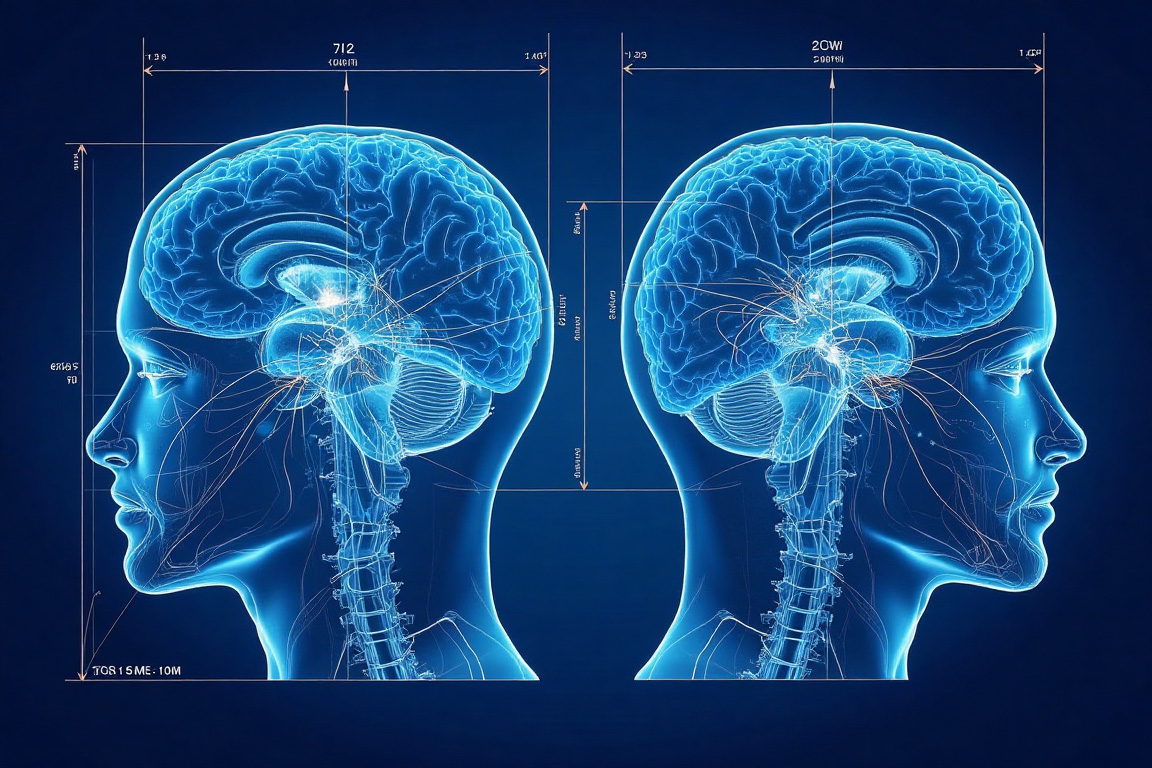UK copyright & AI
The UK government under both Labour and the previous Conservative adnimistraitons has been contemplating amendments to its copyright laws for some time to boost the artificial intelligence sector while increasingly seeing the need to address the creative industries' concerns. The key proposal had been extending a text and data mining (TDM) exception first added to the Copyright, Design and Patents Act in 2014. This exception, Clause 29A, had allowed TDM for non-commercial purposes, and consultation begun under the Conservaties on allowing AI companies to use copyrighted material for training models commercially without explicit permission from rights holders. That proposed legislation was withdrawn in March 2023, but has been returned to under Labour in a consultation closed in December 2024 as part of a plan "to deliver a copyright and AI framework that rewards human creativity, incentivises innovation and provides the legal certainty required for long-term growth in both sectors".
According to some commentators such as Andres Guadamuz, writing for CEPA (Center for European Policy Analysis), the proposal would mirror the European Union's framework and position the UK as a global AI leader, as well as providing legal clarity for AI developers, and balance AI development with protecting creative and cultural heritage. Likewise, the Tony Blair Institute for Global Change (TBI) has released a report advocating for changes to UK copyright law to foster AI development, including support for a Text and Data Mining (TDM) exception with an opt-out for content producers which, it similarly argues, aligns with the EU's framework and better aims to balance the interests of AI developers and rights holders. As well as citing legal, economic, and geopolitical benefits, the TBI suggests establishing a Centre for AI and Creative Industries.
However, the proposal has sparked significant opposition. Creative industries argue that the opt-out system is unfair and impractical, shifting the burden onto creators to prevent their work's use. Critics, including Fairly Trained's CEO Ed Newton-Rex, claim it reduces rights holders' control and is destructive of their work in the creative industries. Concerns also include the technical challenges of implementing an effective opt-out mechanism.
In response to these concerns, the government plans to conduct an economic impact assessment. As of April 2025, no final decisions have been made, and the government is still reviewing consultation responses. The goal is to develop a practical plan that meets all objectives, balancing AI innovation with the protection of creative rights.

The Tony Blair Institute for Global Change is one of the organisations pushing for amendments to existing UK copyright laws. (Image © Tony Blair Institute for Global Change.)
Not pleasing anyone...
The proposed changes have drawn criticism from both creatives and tech companies, albeit for very different reasons. Creatives argue that the proposals weaken their existing rights and fail to protect their work and livelihoods. In particular, they worry that the TDM exception with an opt-out for rights holders shifts the burden of control: currently, UK copyright law requires permission for using copyrighted works other than in exceptions listed under Clause 29A of the Copyright, Design and Patents Act , but the opt-out system would mean their work can be used unless they actively prevent it, placing the onus on them to exercise their rights.
In addition, many see the opt-out system as impractical and unfair, in that tracking the use of their content online and implementing effective opt-outs across various platforms will be virtually impossible, especially for individual artists. They worry that the proposals will lead to their work being used to train commercial AI models without proper compensation, threatening their livelihoods. There is also skepticism towards proposed solutions like the Centre for AI and Creative Industries and a consumer-funded ISP levy, which are viewed as distractions or unfair burdens on the public.
Tech companies, while generally supportive of accessing data for AI training, have their own criticisms. They point to the lack of clear and scalable technical standards for the opt-out in the EU, which has created uncertainty for both AI companies and rights holders, warning that excessive transparency requirements could hinder AI development and negatively impact the UK's competitiveness. Likewise, the Tony Blair Institute notes that mandatory licensing for all UK content could push development to regions with less strict copyright laws, undermining the UK's AI ambitions. Geopolitical implications are also a concern particularly in ongoing discussions with the USA around trade tariffs, with tougher regulation potentially straining the transatlantic relationship and disadvantaging the UK in the global AI race.
What is at stake?
The UK faces significant stakes regarding potential changes to its copyright law concerning AI. If copyright protections are weakened, many in the creative industries argue that their cultural assets could be eroded, negatively impacting their £124.8 billion annual contribution to the economy. In such circumstances, a TDM exemption requring opt outs could leave many creators vulnerable to unauthorized use of their work for AI training. Additionally, relaxing copyright laws might face judicial review under the terms of the Berne Convention, creating market uncertainty and shifting the burden to creators to prevent their work from being used, which could be impractical without some system of remuneration.
Against this, maintaining restrictive copyright laws could hinder AI innovation and economic growth, which in turn could damage the UK's AI sector and its ambition to become a global AI leader. The UK risks a competitive disadvantage compared to the US and the EU, which have more lenient copyright policies. The overarching stakes involve balancing innovation and creativity, providing legal clarity, and shaping the future of art, science, and technology. While groups and organisations such as the Tony Blair Institute for Global Change propose a TDM exception with an opt-out as a starting point, this faces backlash from both the creative industries and technology firms. The UK government must navigate these competing interests to support both a thriving creative sector and a leading AI industry.
This article was co-created with AI.


